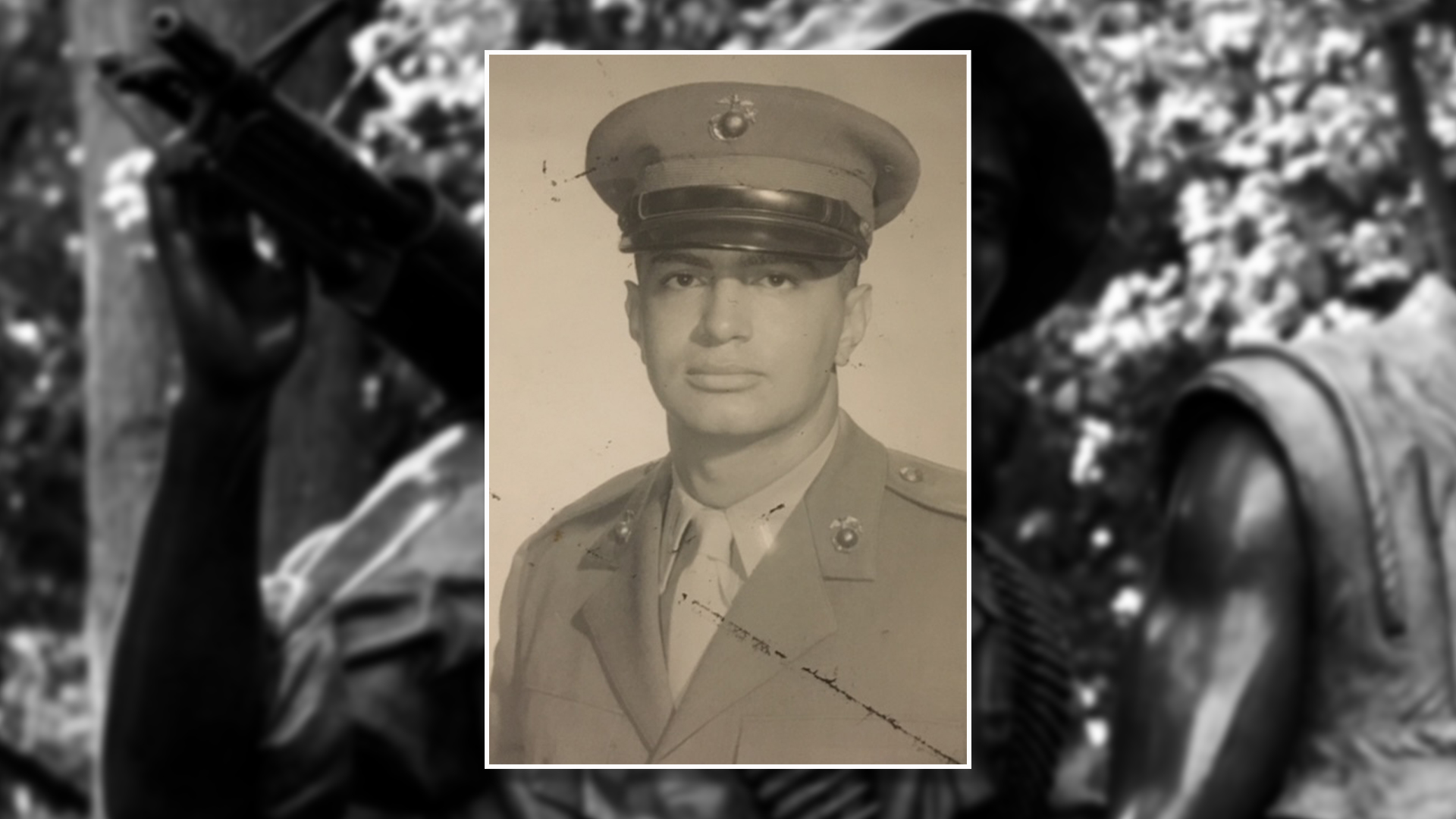

When he was a child growing up in segregated Alabama, Jerome Gary Cooper snuck into the balcony of a movie theater to see a movie in which John Wayne played a Marine, his daughter Shawn Cooper recalled.
“He just said [Wayne] was the baddest SOB in the world and he wanted to be like him,” Cooper told Task & Purpose.
Cooper not only became one of the few and the proud, but during the Vietnam War, he also became the first black Marine officer to lead an infantry company in combat. He later became the first black Marine infantry officer to be promoted to brigadier general. He ultimately received his second star and served as the Marine Corps director of personnel.
He died on April 27 at the age of 87, she said, adding that her father served as a mentor to his subordinates in the Marine Corps who helped them rise through the ranks.
“He took his role as a leader and a trailblazer very seriously and knew that he was paving the way for others to come behind him,” Shawn Cooper said. “He was very instrumental in helping and guiding junior officers. If he saw something or heard something, he would literally call a junior officer and say: Look, you have got to be sharper; you have got to be tighter. I think it was the care and the love for the junior officers that he’d been where they wanted to go and giving them that guidance to assist them.”
Subscribe to Task & Purpose today. Get the latest military news and culture in your inbox daily.
As a civilian, Cooper was appointed as assistant secretary of the Air Force for manpower, reserve affairs, installations, and the environment, during which he helped plan Operation Desert Storm. In the 1990s, he served as U.S. ambassador to Jamaica.
During his Marine Corps career, Cooper received two Purple Hearts and was also awarded the Distinguished Service Medal, Legion of Merit, and Bronze Star.
Cooper joined the Navy Officers’ Reserve Training Corps at Notre Dame, Indiana, where he was one of only three black students, said Kendal Weaver, author of the book Ten Stars: The African American Journey of Gary Cooper―Marine General, Diplomat, Businessman, and Politician.
Throughout his time in the Marine Corps, Cooper proved he could overcome obstacles and get along with people, even though he had to endure “some severe racial antagonism directed against him,” Weaver told Task & Purpose.
Cooper wanted to be in combat and worked hard to be deployed to Vietnam, Weaver said. But when he arrived there in 1966, he was told he had been assigned a non-combat role, Weaver said.
Risking his entire career, he requested to speak to his commanding general and was ultimately given command of an infantry company.
Retired Marine Brig. Gen. George H. Walls Jr. first met Cooper in Vietnam during a 1966 combat operation. That was the start of a lifelong friendship.
“Back then, there were so few black officers in the Marine Corps that when you saw another one, you ran over and hugged him,” Walls told Task & Purpose. “That has changed now, but that is the way it was then.”
During the operation, Cooper’s company was ambushed, but rather than withdraw, he led his Marines in a counterattack and defeated the enemy, Walls recalled. That episode was emblematic of Cooper’s style of leading from the front.
Cooper proved that he was a strong, charismatic leader who led by example, Walls said. He also cared about his troops’ well-being and focused on getting them home.
“In most cases, if there was a firefight, Gary was not far from the action,” Wall said, “Gary was a Marine’s Marine and he set the example for a whole lot of Marines, whether they were enlisted or officers.”
The latest on Task & Purpose
- Marines want to wear their uniform for high school graduation, but their school said no
- AC-130 gunship crewman killed in shooting with Florida sheriff deputy
- The Space Cowboys: Guardians earn their spurs in cavalry tradition
- Soldier detained in Russia may have been set up by girlfriend, mother says
- Army debuts new recruiting ads aimed at high-tech civilians rather than soldiers